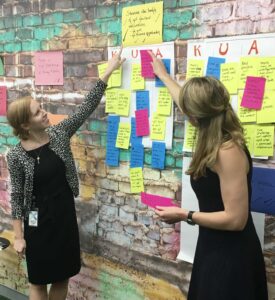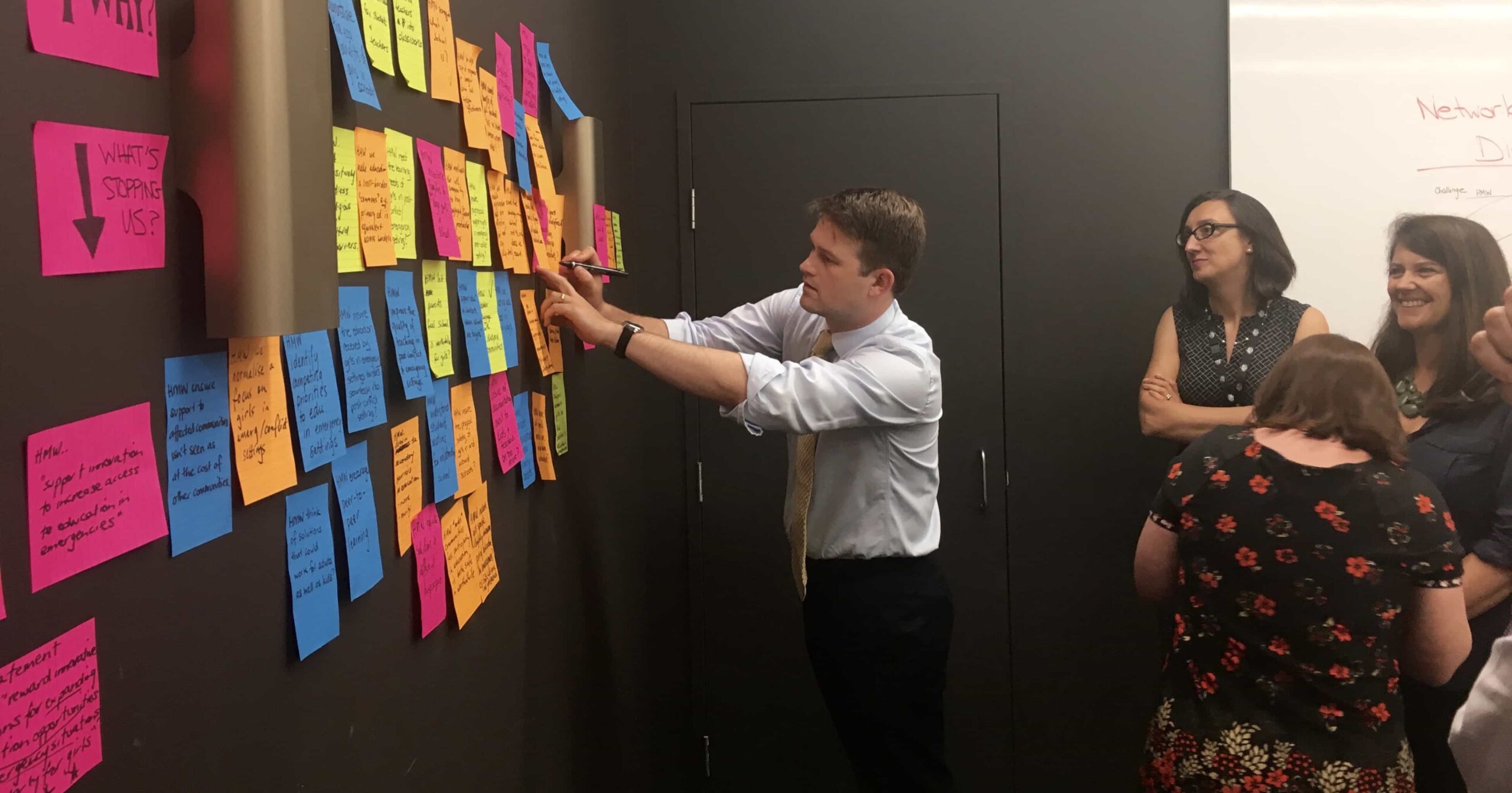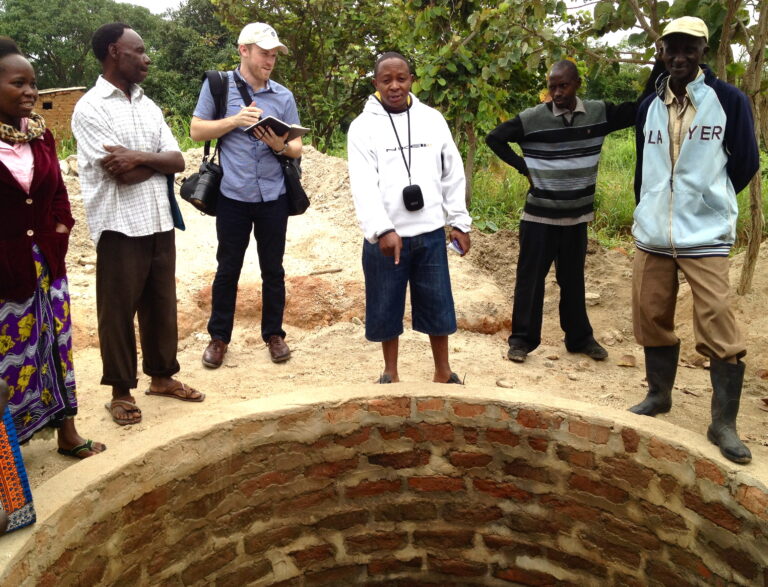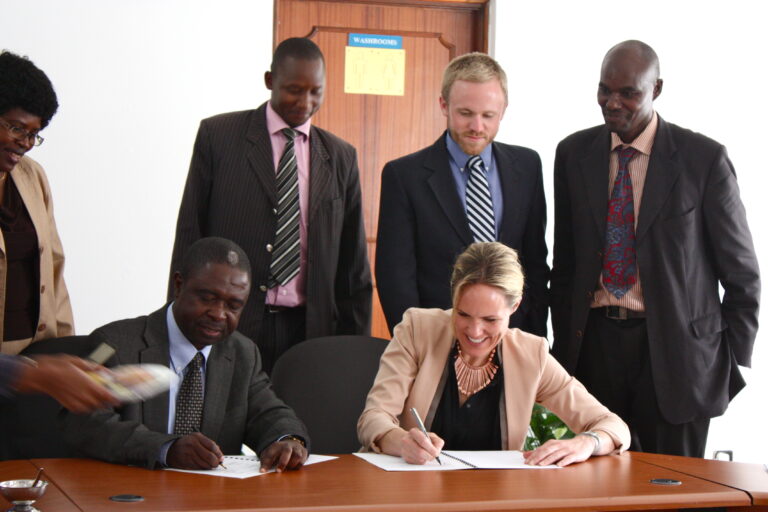An AUSpicious Journey: GKI’s New Partnership in Australia
Current evidence points to the fact that the world is more educated, healthy, and safe than ever before. In the Asia Pacific region specifically, the last several decades have seen major economic growth in the age of globalization and information technology. However, despite greater access to information and greater capacity to address complex challenges, large proportions of the population still do not have the ability to feed their families, earn an education, and lift themselves out of poverty.
The Asia Pacific region, perhaps more than ever, is vulnerable to a multitude of shocks resulting from climate change, natural disasters, disease, and economic factors. The region experiences 70% of all worldwide natural disasters, has high levels of stunting and obesity, and includes 13 of the 30 global countries most affected by climate change.
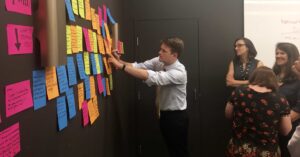
In 2015 the Australian government’s Department of Foreign Affairs and Trade (DFAT) launched the InnovationXchange (iXc) to “take seemingly intractable development problems and come up with the best and most practical ways of solving them in the Indo-Pacific.” GKI has been asked to join the Innovation Resource Facility (IRF), which is a consortium led by AECOM in partnership with OpenIDEO, Struber, and the University of Technology Sydney. The IRF consortium will help the iXc:
- Contribute to embedding innovation in Australian aid programs
- Enhance the innovation capabilities of the Australian government’s foreign aid programs to maximize impact
- Measure, evaluate, and communicate out the results of innovation activities
While still in its nascent stage, GKI’s work with the iXc will ultimately scan a breadth of development challenges. GKI is looking forward to providing more information as this work progresses, and we thank DFAT and the iXc for their groundbreaking efforts harnessing innovation to improve the livelihoods of individuals in the Asia-Pacific region.
